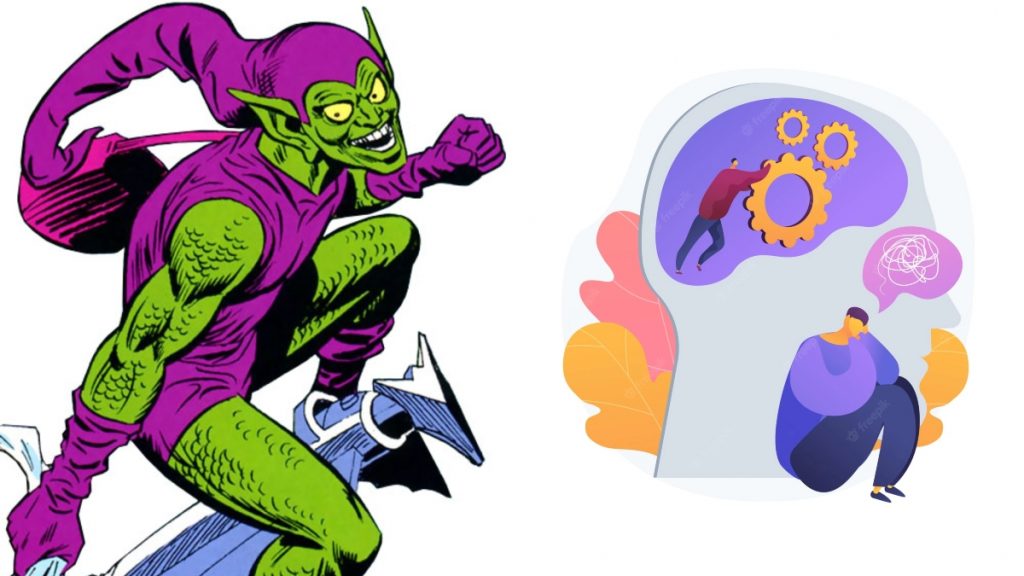New Delhi: Based on different factors, various English dictionaries release ‘Word of the Year’ annually. Seeking search data, trends, most used words and public opinion, Oxford, Merriam-Webster and others release their ‘Word of the Year’. Words like ‘selfie’, ‘youthquake’, and ‘climate emergency’ have been the year defining words in past.
Here are ‘Word of the Year’ by different dictionaries:
1. ‘Goblin mode’- Oxford
The ‘goblin community’ has spoken!
We’re pleased to announce goblin mode as the #OxfordWOTY 2022.
Read more about this year’s winning choice here #TeamGoblinMode: https://t.co/NmC2UYau3U pic.twitter.com/yqQ9eIlIeQ
— Oxford University Press (@OxUniPress) December 5, 2022
This time, the Oxford English Dictionary (OED) used a public poll to decide the word of the year. With over 340,000 people participating, ‘goblin mode’ received 93% votes and won the poll. According to the dictionary, ‘goblin mode’ is a type of behaviour which is unapologetically self-indulgent, lazy, or greedy, in a way that rejects social norms. The term was coined on Twitter in 2009 and became popular in 2022 as people rejected the idea of returning to ‘normal’ after the pandemic.
2. ‘Woman’- Dictionary.com
Our #WordOfTheYear is fundamental not just to our vocabulary but to who we are as humans. It’s a word that’s inseparable from the story of 2022. https://t.co/OeJELgy3YL’s Word of the Year is “woman.”https://t.co/3lExL2fLt7 pic.twitter.com/5fkIWDLmsE
— Dictionary.com (@Dictionarycom) December 13, 2022
Dictionary.com named ‘woman’ as its word of the year as there was a 1,400% spike in its searches this year. As per Dictionary.com, the word means an adult female person, while there is an emphasis on the word belonging to each and every woman, however, they define or identify themselves. The word became a matter of discussion amid the talks on transgender rights and identity.
3. ‘Gaslighting’- Merriam-Webster
‘Gaslighting’ is our 2022 #WordOfTheYear.https://t.co/i7QlIv1DBB
— Merriam-Webster (@MerriamWebster) November 28, 2022
The Merriam-Webster dictionary chose ‘gaslighting’ as its word of the year. Gaslighting means manipulating someone by psychological means into questioning their own sanity. The word is derived from a 1938 play, Gas Light, which followed a man trying to make his wife believe she has gone mad.
4. ‘Permacrisis’- Collins
BREAKING NEWS The Collins Word of the Year is… permacrisis.
Find out more about #CollinsWOTY 2022 and see the full list here: https://t.co/gmsnCqA0yv#wordoftheyear #CollinsDictionary #permacrisis pic.twitter.com/sorHPfjG7D
— Collins Dictionary (@CollinsDict) November 1, 2022
The Collins dictionary crowned ‘permacrisis’ as its word of the year. It refers to an extended period of insecurity and instability. The word became popular after the world faced many crises such as the COVID-19 pandemic and the Russia-Ukraine conflict. In its blog, the dictionary said that the word embodies the feeling of moving from one crisis to another.

